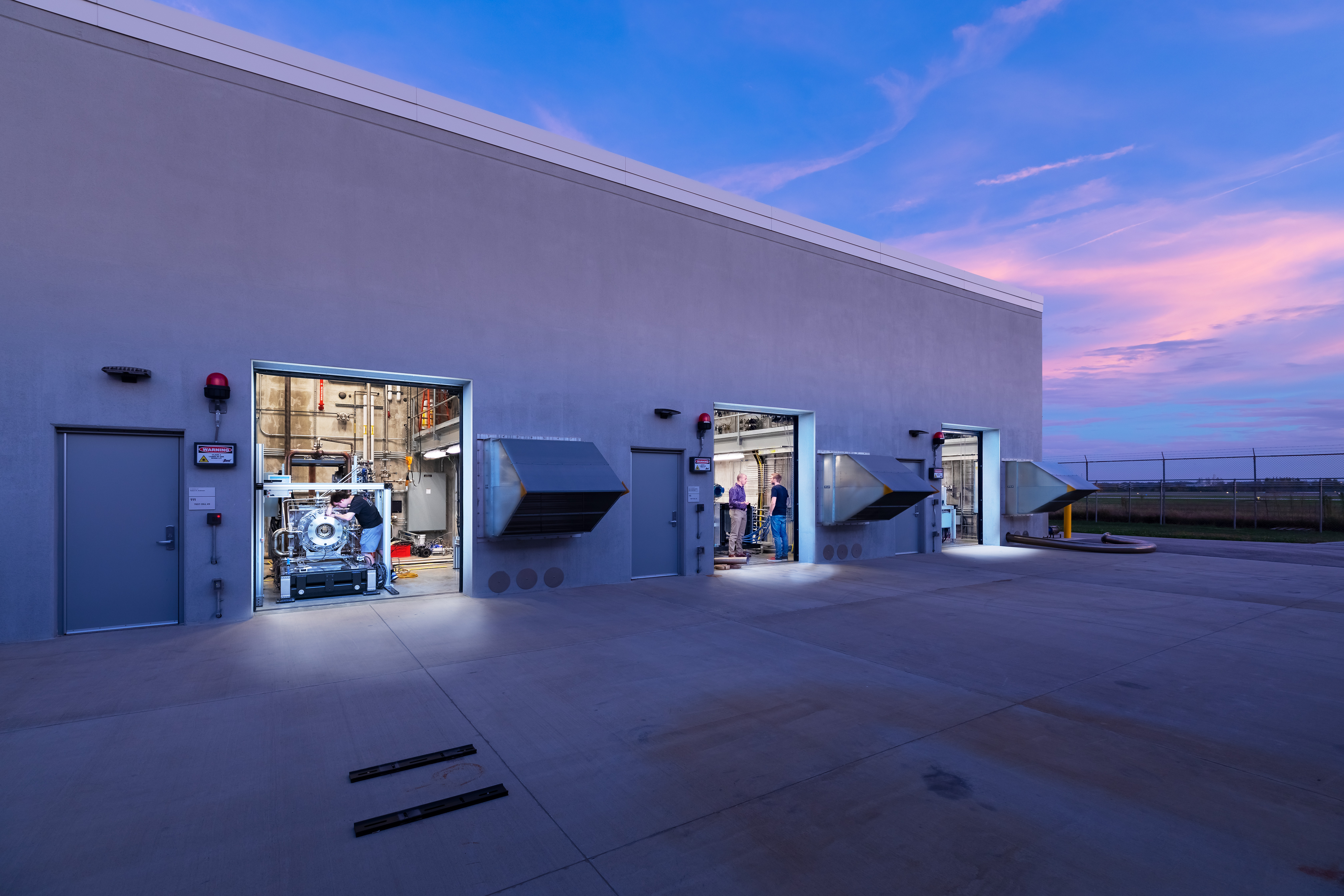Purdue Engineering will celebrate 150 years with its sesquicentennial celebration in 2024-25
Purdue University's College of Engineering sesquicentennial will be a yearlong celebration, starting in September 2024.
April 1, 2024

Manfra with ECE and MSE appointed to lead Purdue’s quantum institute
Quantum computing expert Michael Manfra has been named director of the Purdue Quantum Science and Engineering Institute (PQSEI), effective March 1. He is the Bill and Dee O'Brien Distinguished Professor of Physics and Astronomy, professor of electrical and computer engineering, and professor of materials engineering.
March 11, 2025

ECE, CS professors earn NSF early career recognition
Four Purdue University assistant professors received National Science Foundation Faculty Early Career Development (CAREER) Awards between August 2024 and the end of December 2024 to fund their research.
March 12, 2025

ECE's A. Raghunathan receives IEEE Technical Achievement Award
Anand Raghunathan, the Silicon Valley Professor in Purdue University's Elmore Family School of Electrical and Computer Engineering, has been honored with the IEEE Computer Society 2025 Edward J. McCluskey Technical Achievement Award.
March 19, 2025














